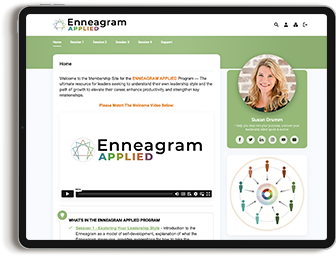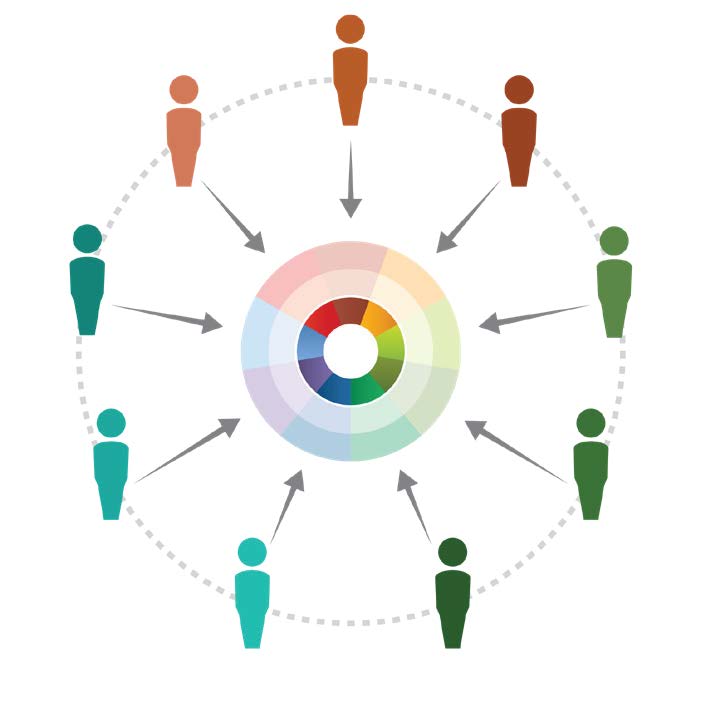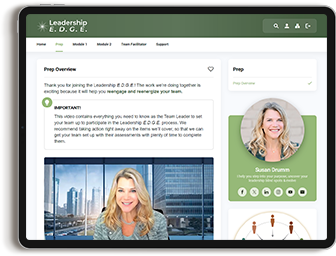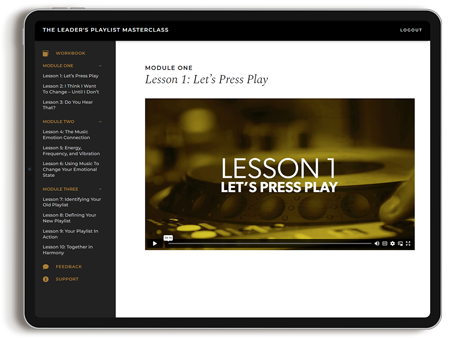Unconventional Leadership Strategies (feat. Shawn Dill)
The best business advice you’ll receive is likely unorthodox.
Do you ever feel like you hear the same ole’ business advice over-and-over, perhaps just packaged in a slightly different way? Do you ever wonder if anyone is truly saying something new about how to approach enterprise growth? Amidst the noise of endless business strategists and self-proclaimed gurus, Dr. Shawn Dill is a beacon of refreshing insight and perspective. In this episode of The Enlightened Executive, Dr. Dill unveils a unique perspective on the building blocks of thriving businesses: creating a relationship plan, keeping challenges at the forefront, and the power of a generous mindset.
Dr. Shawn Dill possesses expertise in a variety of fields which allows him to provide quality advice and guidance within the entrepreneurial space. He has been featured in Forbes, Inc. Magazine and Entrepreneur. Shawn and his partner, Dr. Lacey Book, run The Black Diamond Club – a group of 700+ service professionals with a desire to reach more people, make a bigger impact, and create the lifestyle that they deserve. Their work is driven by relationships, collaboration, and their mission where “health and success are known as fundamental truths rather than fundamental pursuits.”
Make a Relationship Plan
Executives make business plans and sales plans, so why not make a relationship plan too? Few leaders approach relationship building with as much intentionality as they do their sales plans, but it is essential to business growth. Success relies on more than just strategies and metrics; it hinges profoundly on relationships. Shawn emphasizes that genuine connections and trust form the foundation for sustainable growth and success.
Rather than directing your effort on perfecting your service or product, intentionally make a plan for cultivating meaningful, long-lasting relationships with your customers. Here are two mindsets to keep in mind when building relationships with your customers:
- Lead with empathy and trust, rather than sales pitches. Showing your clients and customers that they can trust you and that you care about them fosters a deeper bond that extends beyond immediate transactions.
- Change your mindset from selling to an individual to selling to a community. When your customers and clients have a relationship with you, they are more likely to suggest you to others. When multiple individuals in a community use a recommended service or product, others in the group are more likely to jump on board as well.
Here are three techniques for creating a relationship plan for 2024:
- Forecast your network for the next 365 days. Make a list of anywhere between five and 20 individuals with whom you would like to cultivate a better relationship.
- Schedule time each day for reaching out to someone in your network or on this list.
- Create a budget for the time, energy, and resources you are committed to investing in these individuals.
As your business scales, the primacy of relationships becomes increasingly evident. If you are in an early stage of business, almost every problem can be solved by working harder. But in the middle to late stages of business, almost every business problem can be solved by people. This is when it becomes paramount that you have relationships with people who can either help you directly or connect you with someone who can.
Keep Your Challenges Front of Mind
As a leader, you are likely familiar with reframing challenges as opportunities. Shawn goes one step further by suggesting executives keep their challenges at the front of their minds, presenting them to others. With this logic, Shawn also believes that solutions can also be found in unconventional places and contexts. Here’s what this looks like practically:
- Keep a list. Ask yourself each morning, “What is the biggest question, concern, obstacle or opportunity in front of me today?” Write it down in the notes application on your phone. We cannot find what we’re not looking for. If we create a daily habit of contemplating a question, concern, obstacle, or opportunity, it brings it into our consciousness and allows us to find the solution. Every night revisit your notes. If what you wrote down in the morning has been resolved, simply delete it. If not, keep it on the list. You never know when you’ll run into someone who you can ask about the question, but you can’t ask if you don’t know your questions.
- Go above and beyond for others needing solutions. An unconventional problem solving strategy is to help others with their challenges. If someone in your network needs help, respond generously by offering beyond what has been asked. A simple example of this is with a restaurant recommendation. Instead of just sharing a recommendation, offer to make the reservation and even send them a beverage or appetizer when they go. How much more likely are others to help you when you need it if you’ve gone above and beyond in helping them?
- Consider the opportunity before the cost. There are plenty of things we don’t have time, energy, or money for. Rather than considering the cost first, change your mindset and consider the opportunity first. Opportunity often requires investment. You never know what you could miss out on by saying no too quickly.
Release a Transactional Approach
Many business owners and leaders invest in people and opportunities with an expectation of a return on their investment. While it is true that we “reap what we sow,” Shawn explains that it is not always true that we reap where we sow.
Shawn encourages us to reframe our expectations of where the return on our investment presents itself. By looking for opportunity and “repayment” in unexpected places, executives broaden their perspective of business success. This leads to greater motivation and innovation.
For example, you may offer help or a resource to someone who does not directly pay it back. Simultaneously, someone else may randomly refer you to someone, offer to buy your dinner, or recommend you for a podcast that results in a business connection. Trust the universe to pay you back, even if it is not a direct transaction.
Once we begin to trust these laws, we understand that reciprocation is not transactional, it’s universal. This open minded approach will change how leaders do business by helping them to release what’s not for them while accepting what is.
Dr. Sean Dill’s insights offer an out-of-the-box approach to cultivating authentic relationships and problem solving while broadening leaders’ perspectives. Embracing these insights and committing to nurturing genuine connections could be the catalyst needed to elevate your business.
Shawn also shares…
- How to fail fast and learn faster
- How to change your business with a positive mindset
- How our expectations of each other change everything
If you liked this episode, you may also benefit from hearing:




